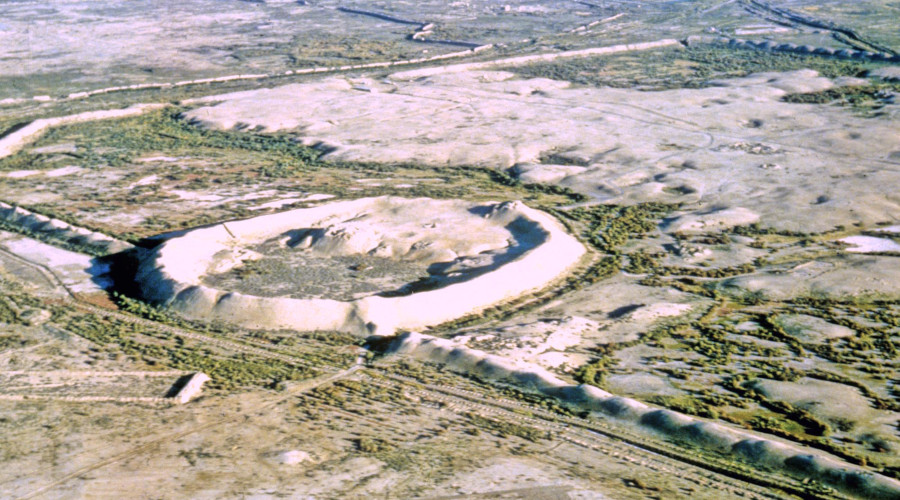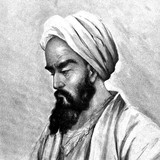
Source: https://www.flickr.com, Mark and Delwen
The site of ancient Merv shows evidence of human occupation from roughly 3000 BC. Situated on the Murghab River and on the southern edge of the Kara-Kum Desert, Merv was an important trading center on the Silk Road, and from there caravans could reach Herat, Samarkand and Bukhara. While claims that Alexander the Great conquered the city cannot be substantiated, a Greek presence could be found in the city from antiquity. From the mid-8th century, Merv was part of the Abbassid Empire, and the city flourished. The influential Barmakid family originated in Merv, and considerable construction and scholarship was undertaken with their patronage and the support of the Abbasid rulers. In the 11th century, the Seljuk Turks took control of Merv, though the city continued to expand. It was for a time one of the major cities of the Muslim world, and may have supported over a million people. The city was decimated by the Mongols in the 13th century, by subsequent pillage and conquest, and in the late 18th century was taken by the Emir of Bokhara, who reduced the city to ruins. The greatest legacy of Merv may be its intellectual contributions. Besides the contributions to science, government and education made by the local scholars, the city's considerable Christian community with its ties to Greek culture made it a key source for translators employed both locally and by rulers in Samarkand, Bukhara, and Baghdad. The city's size, diversity and strategic geography helped ensured that ideas born and cultivated in Merv would spread and persist long after the city itself.
Scholars Who Lived or Worked Here
 Al-Razi
Al-Razi
